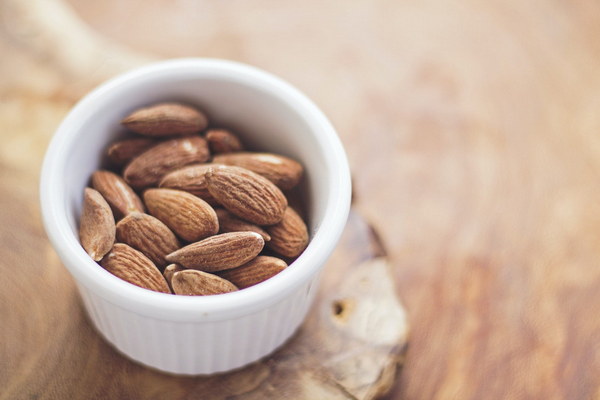Does Drinking More Water Really Benefit Kidney Health
In recent years, there has been a growing trend of recommending that individuals drink more water for various health benefits, including kidney health. However, many people are still unsure whether drinking more water can truly help improve kidney function. This article aims to explore the relationship between water intake and kidney health, providing insights into whether increasing water consumption is truly beneficial.
The kidneys play a crucial role in maintaining the body's fluid balance, filtering waste products from the blood, and regulating blood pressure. Proper kidney function is essential for overall health, and one of the most common concerns is whether drinking more water can help maintain or improve kidney health. Let's delve into this topic and uncover the truth behind the claim.
First and foremost, it's important to note that the kidneys are highly efficient at filtering waste and excess fluid from the body. On average, a healthy kidney can filter about 200 quarts of blood daily, producing about 1 to 2 quarts of urine. This means that the kidneys can handle a significant amount of water intake without any issues.
However, drinking excessive amounts of water can lead to a condition known as water intoxication or hyponatremia, which occurs when the body's sodium levels become too diluted due to the excessive intake of water. While this condition is rare, it can be life-threatening if not addressed promptly.
So, does drinking more water really benefit kidney health? The answer is somewhat nuanced. Here are some points to consider:
1. Adequate hydration: Staying well-hydrated is essential for kidney health. Adequate fluid intake helps ensure that the kidneys can effectively filter waste and toxins from the blood. However, the amount of water needed varies from person to person, depending on factors such as age, sex, climate, and physical activity levels.

2. Preventing kidney stones: Drinking plenty of water can help prevent the formation of kidney stones, which are hard deposits that form in the kidneys. Staying hydrated helps dilute urine, making it less likely for crystals to form and stick together.
3. Blood pressure regulation: Adequate water intake is crucial for maintaining healthy blood pressure. When the body is dehydrated, blood pressure can rise, putting additional stress on the kidneys. Therefore, drinking more water may help regulate blood pressure and reduce the risk of kidney damage.
4. Reducing the risk of kidney disease: Some studies have shown that adequate hydration can help reduce the risk of chronic kidney disease (CKD). However, more research is needed to establish a definitive link between water intake and CKD risk.
5. Overhydration: As mentioned earlier, excessive water intake can lead to hyponatremia and other complications. It's important to strike a balance between adequate hydration and overhydration.
In conclusion, drinking more water can indeed benefit kidney health when done in moderation. Staying well-hydrated is essential for maintaining kidney function, preventing kidney stones, and reducing the risk of kidney disease. However, it's crucial to consume water in a balanced manner, avoiding excessive intake that could lead to complications.
To determine the right amount of water intake for you, consider the following guidelines:
- The general recommendation is to drink about 8 cups (64 ounces) of water per day, but this can vary depending on individual needs.
- Adjust your water intake based on your climate, physical activity levels, and overall health.
- Listen to your body's thirst signals and drink water when you're thirsty.
- If you have any concerns about your kidney health or water intake, consult a healthcare professional for personalized advice.
By maintaining adequate hydration and following a balanced diet, you can help ensure your kidneys stay healthy and function optimally.









